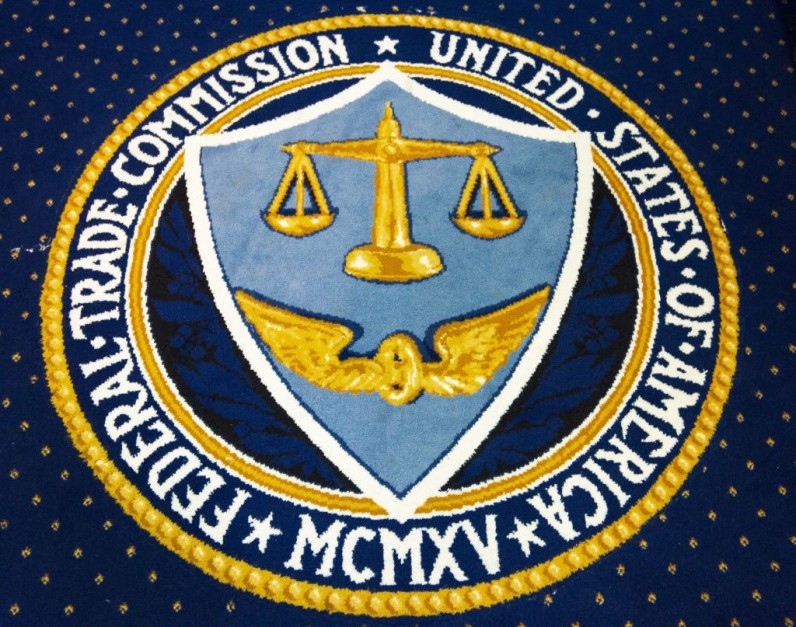
A federal court judge based in Texas has blocked the Federal Trade Commission's (FTC) rule to ban agreements commonly signed by workers not to join their employers' rivals or launch competing businesses.
Reuters reported that US District Court Judge Ada Brown issued the decision Wednesday (July 3), saying that the FTC, the country's antitrust watchdog, lacked the power to adopt broad rules prohibiting practices that it deemed unfair competition methods.
The FTC argued that 20% of the United States workforce, or about 30 million people, have signed noncompetes.
The lawsuit was filed by a coalition of business groups, including the US Chamber of Commerce and the tax service company Ryan LLC.
Brown, a Trump appointee, sided with the complainants and blocked the FTC from enforcing the rule. However, she additionally denied the request to block the rule nationwide.
A final ruling is scheduled for Aug. 30, a few days before the verdict is set to take effect.
READ NEXT : FTC and Arise Virtual Solutions Agree to $7 Million Settlement for Misleading Gig Workers
FTC Vows to Fight Anti-Noncompete Rule
VCPost reported in May that the FTC approved the nationwide ban on noncompete agreements in a 3-2 vote. Supporters of the rule added that the agreements were an unfair restraint on competition, violating US antitrust law and suppressing workers' wages and mobility.
Noncompete agreements have already been banned in California, Minnesota, Oklahoma, and North Dakota, while a handful of states have already passed laws limiting their use.
In response to the preliminary ruling, FTC Spokesman Douglas Farrar said that the agency is standing by its "clear authority" to issue the rule, calling noncompete agreements "unlawful" and counterproductive to Americans' business practices.
On the other hand, business groups and many Republicans claimed that noncompetes were crucial tools for businesses to protect trade secrets, confidential information, and their investments in recruiting and training workers.
The Chamber's litigation chief, Daryl Joseffer, called the ruling a "big win" in its fight against what it claimed as government overreach regarding business decisions.
Meanwhile, Ryan's legal counsel, John Smith told NPR that the decision was an "important step" towards invalidating the company, its clientele, and countless employers and employees across the country.







Join the Conversation